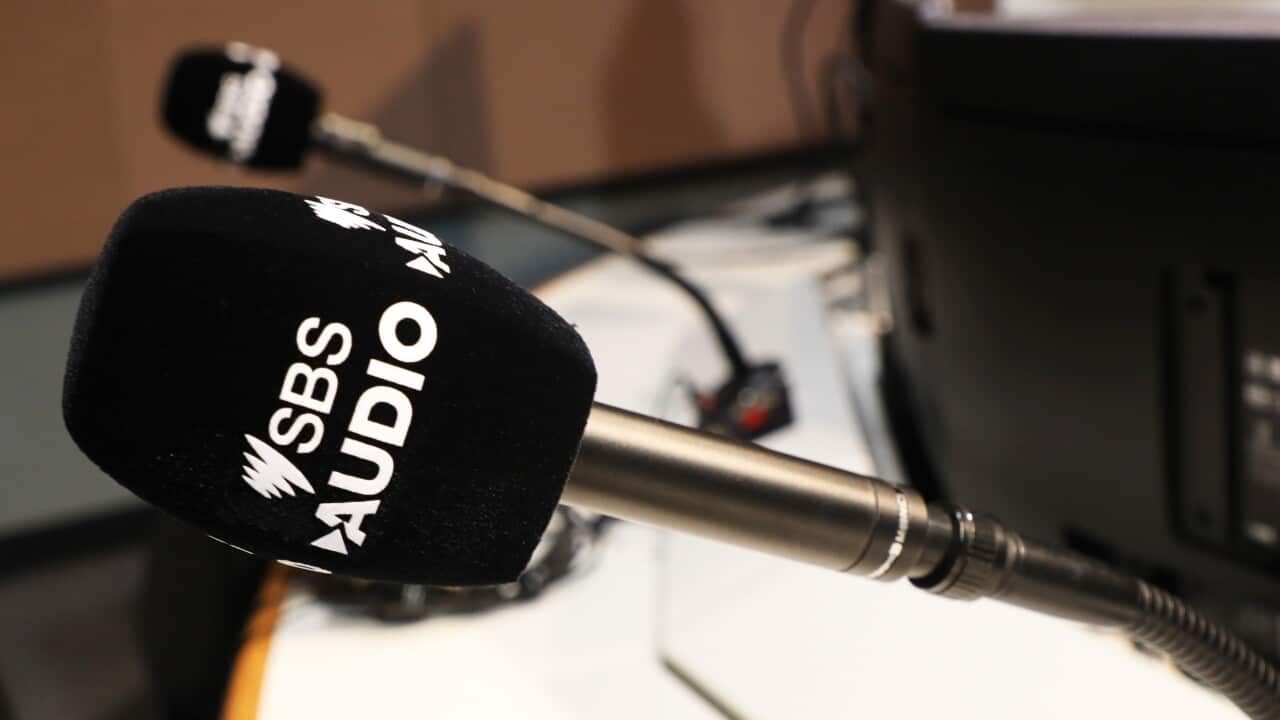Key Points
- The Australian government has unveiled a plan to limit the number of new international student commencements to 270,000 beginning next year.
- Migration and education experts are indicating that while it may not substantially affect the visa approval rate, there are still many aspects that require further clarification.
- The proposed legislation is yet to pass the Senate.
The Australian government recently announced plans to "strengthen the integrity and sustainability of the international education sector" by setting a planning level of 270,000 new international student commencements for the 2025 calendar year.
The student caps are intended to achieve several objectives, but experts and students argue that it's unclear how the government plans to implement them and whether the proposal will ultimately become another restriction for international students.
This announcement has made many recently arrived students, like Brinda Gandhi, feel fortunate to have entered the country before such legislation takes effect.

Brinda Gandhi is a 22-year-old international student from India. Credit: Supplied
"I'll be telling my friends back home to apply here only if they truly believe they are qualified to study. It's not easy being an international student, and I've seen many of my peers struggle.
"I'm uncertain whether the latest proposal involves additional visa restrictions, but it does convey a message to prospective students: only those with the right skills are welcomed, as eventually they will be becoming permanent residents here."
The capping announcement
the government said: "Subject to the passage of legislation, from 1 January 2025, this new system of managed growth and enhanced integrity measures will result in the replacement of "
Ministerial Direction 107 pertains to the processing of offshore Subclass 500 (Student) visa applications and Student Guardian visa.
"This will bring the number of new international student commencements, across higher education and VET, back to pre-pandemic levels."

Minister for Education Jason Clare (representative image). Source: AAP / MICK TSIKAS/AAPIMAGE
Cap exemptions
According to the Department of Home Affairs (DHA), 331,775 student visas were granted in 2023-24, a decrease from 499,696 in the same period the previous year.
The government said that while the NPL wasn’t about capping student visas, it was intended to manage the sector’s growth and ensure Australia continued to be a prestigious, high-quality and high-integrity provider of international education.
The government said the capping will be on "new international student commencements".
Students are considered new "when they are onshore and start their first non-exempt course at their first provider, and each time the student changes into a non-exempt course at a different provider."

The Department of Home Affairs (representative image). Source: SBS / SBS Dari
A DHA spokesperson told SBS Hindi, "The Australian government is committed to supporting diversification and works closely with the sector to ensure (it) maintains its world-class reputation for delivering a high-quality education to Australians and students from around the world".
"The Department of Home Affairs is focused on supporting the sustainability of the education sector through maintaining the integrity of the student visa program," it added.
Confusion and criticism
In the last 12 months, the federal government has introduced several visa changes for international students, including higher visa fees, restrictions on 'visa hopping', stricter English proficiency requirements, reduced post-study work rights, a lower age limit for graduate visas and the implementation of a new Genuine Student Test.
The latest proposal is one of the measures announced last month by the current government to revamp the international student sector.
criticised the decision stating that the government had already taken a "sledgehammer" to the international education sector.

Universities Australia Chair Professor David Lloyd (representative image). Credit: LUKAS COCH/AAPIMAGE
Education and migration experts are also calling for additional details, noting that the proposal still requires further clarification.
According to former Immigration Department official Abul Rizvi, the key will be what happens to student visa applications and processing.
He highlighted the federal government's mention of replacing Ministerial Direction 107. "However, we don’t yet know what it will be replaced with," he said.
LISTEN TO

'Insane' wait times deter migrants from applying for parent visas as delays worsen
SBS Hindi
21/08/202409:46
Rizvi also noted that the number of temporary graduates in Australia was now well over 200,000 and rising rapidly.
"But it is not clear that student caps, with the government each year telling each provider how many new students they can have, is the best way to manage this," he said.
Rizvi added that current offshore visa applications and grants would not be sufficient to meet the caps.
"If that remains the case, the caps may not matter much," he said.
Education expert Ravi Lochan remarked, "The exact cap per institution is not yet known. While there is general information about capping and its potential to limit institutions, it's unclear which ones will be affected".

Ravi Lochan Singh, a Sydney based education expert. Source: Supplied / Supplied by Ravi Lochan Singh
"Our experience indicates that although the visa grant rate decreased earlier this year, it has recently improved. Given that universities are becoming more selective in their recruitment processes, we expect the visa grant rate to remain high," he said.
LISTEN TO

'Stay hopeful': Migration agent urges optimism amid Australia's plan to cap international student numbers
SBS Hindi
29/08/202407:53







